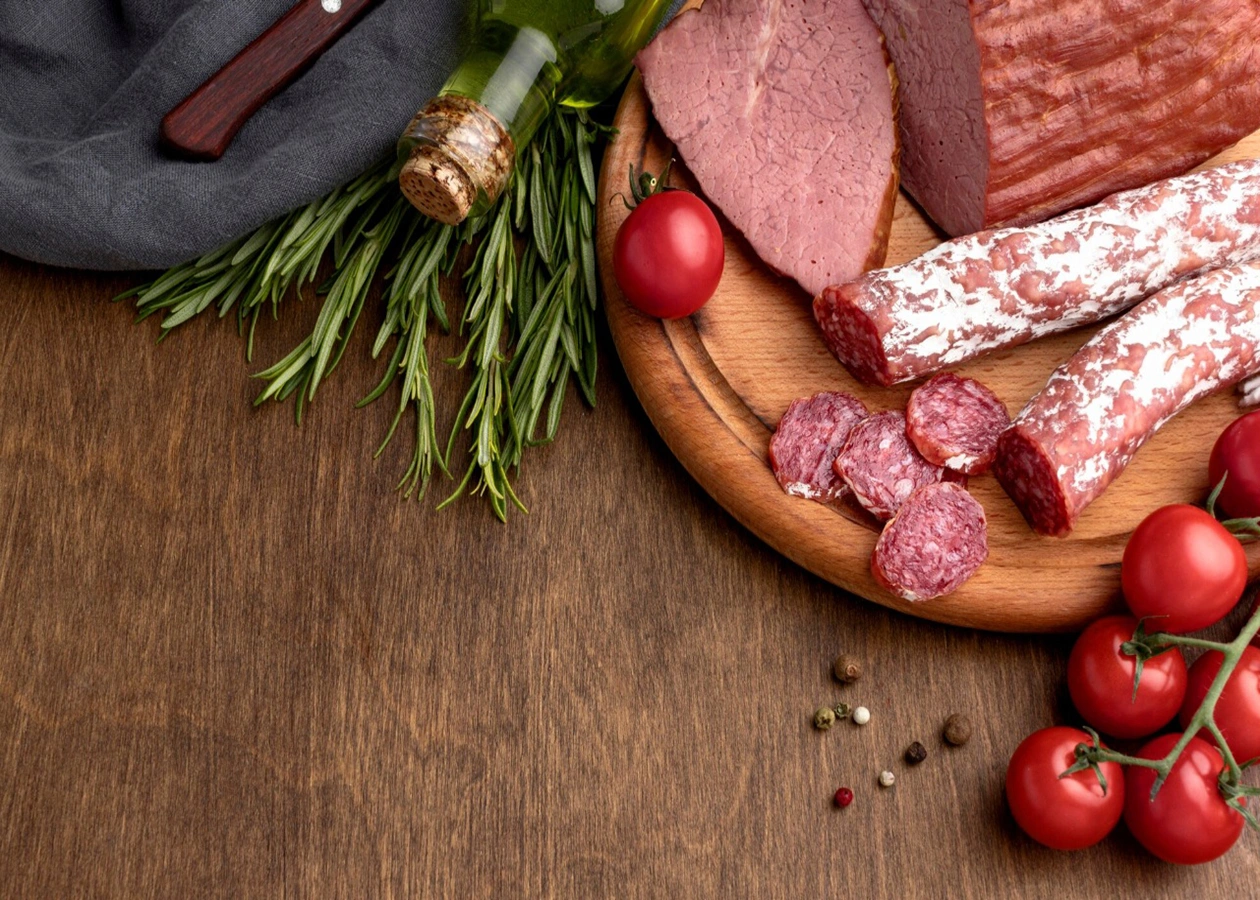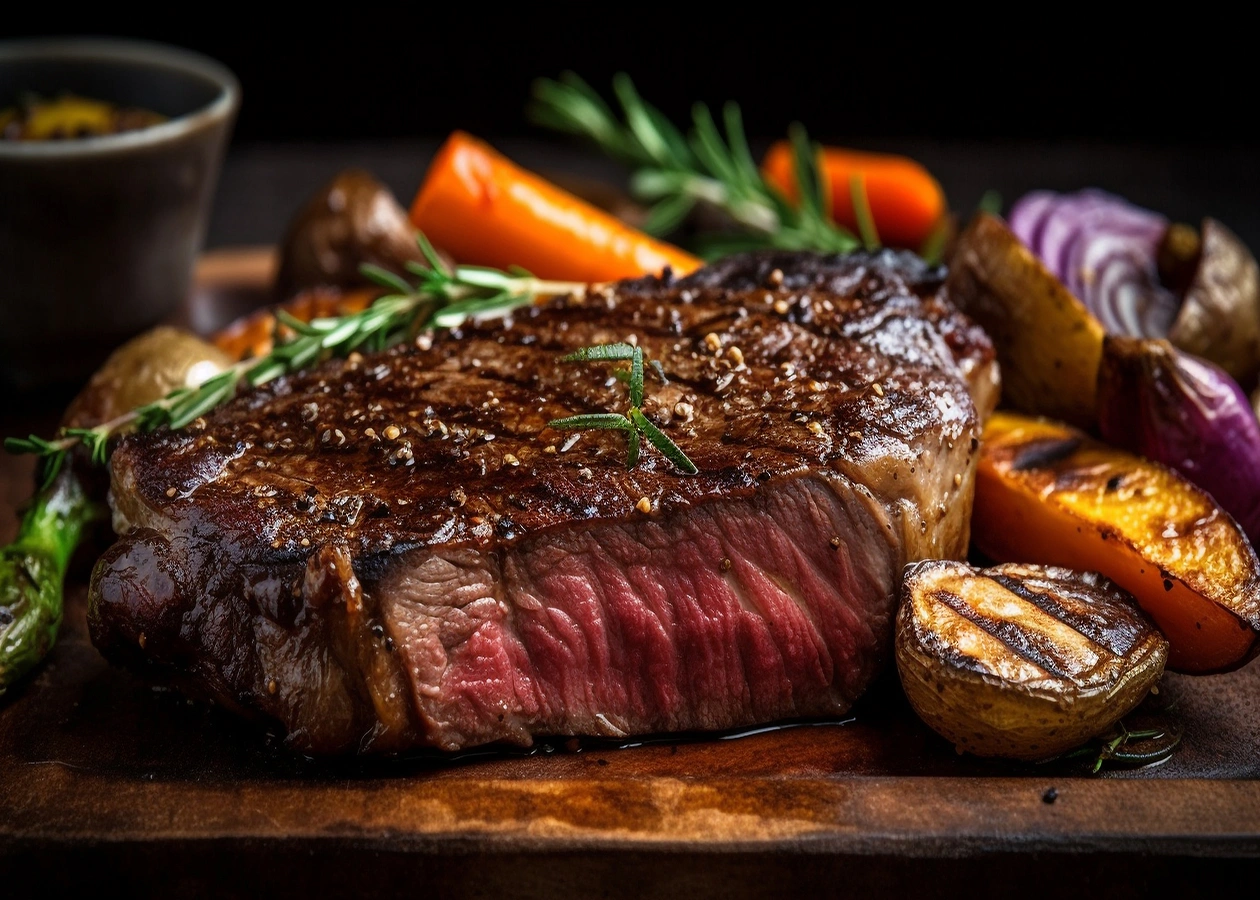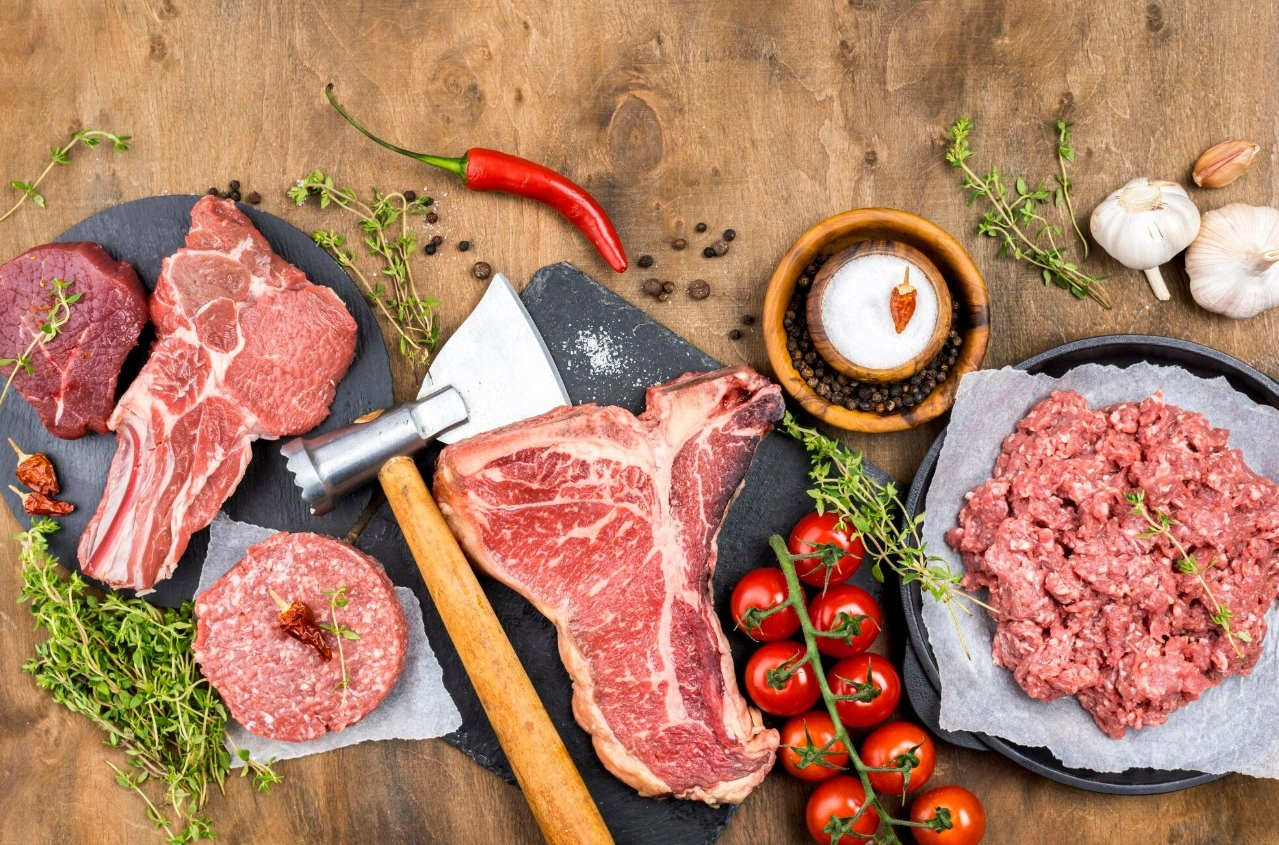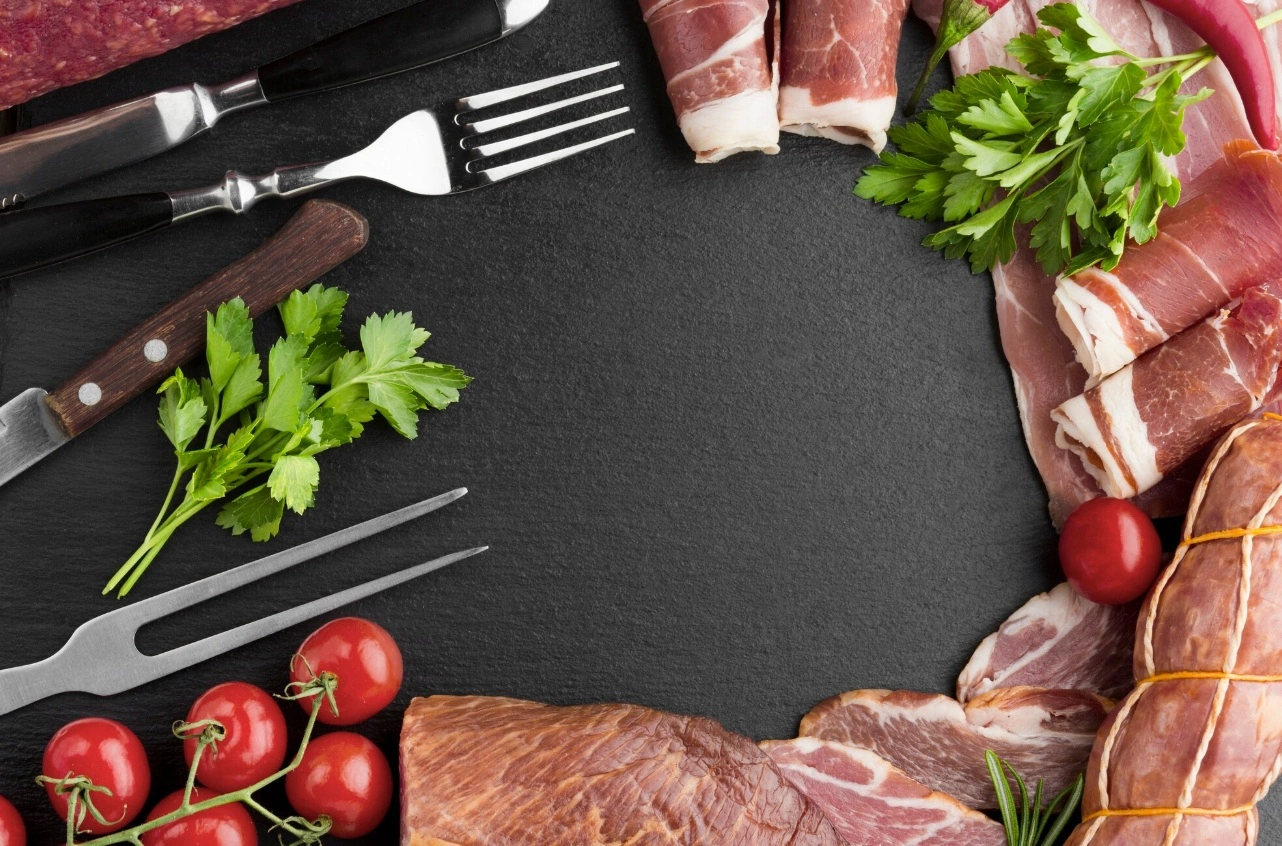
Ever wondered why some people do well eating steak, eggs, and butter while others get stuck in sugar crashes? The secret is zaro carb foods that keep blood sugar stable and lower cravings. Not every low-carb food is truly zero carb. To get real energy, fat loss, and metabolic benefits, you need to know which foods don’t have carbohydrates to crash your diet results.
As the name suggests, Zaro carb foods contain no carbohydrates. These foods are the backbone of Keto, Carnivore, and other Low-Carb diets, as they allow the body to enter a fat-burning state, ketosis.
Zero-carb foods help you gain the necessary nutrients without risking the diet results. So, if you are trying to lose weight, manage diabetes, or improve metabolic health, you must know which foods are truly zero-carb.
Most people think of bread, pasta, and rice when it comes to carbohydrates, but sugar and starch hide in sauces, processed meats, and vegetables. That is why you need a clear zero carb foods list PDF.
Learn More: The Primal Diet: from Low-Carb Eating to Health and Fitness
Zero carb foods are those that contain less than 0.5 g of carbohydrates per serving. The FDA allows products to be labeled as zero-carb if they contain under that threshold, so technically, some zero carb foods may contain trace amounts, which don’t affect ketosis or blood sugar.
The majority of zero carb foods are animal-based. However, there are also oils, condiments, and drinks that can be enjoyed without any carbohydrate intake.
While many vegetables are low carb, very few are truly zero carb, which is why they are rarely included in a Carnivore Diet food list.
Zero carb foods are popular in the Keto and Carnivore communities as they provide a foundation of protein and fat without spiking insulin.
But regardless of the diet you are following, zero-carb foods can be useful for anyone who wants to stabilize energy, reduce cravings, or control blood sugar. So, let’s get to the zero carb diet foods list.
Learn More: Speed Keto Diet: What Is It and How Does It Work?

Here is a list of the zero carb foods you can based on categories. Please remember that non-animal foods are not allowed on a standard or strict Carnivore. You can also use this Carnivore Diet Grocery List Based on Diet Variations & Goals.
Learn More: Bone Marrow Nutrition Facts: Knowing the Carnivore Superfood
Learn More: Beef Tallow for Cooking Healthy & Yummy Carnivore Diet Foods

The table below shows the macronutrients in the most common zero carb foods per 100 grams.
Learn More: Do I Need Carnivore Diet Supplements to Boost the Results?
If you eat carbohydrates (sugar), they turn into energy in the body, but they, especially refined ones like bread, pasta, or sugar, are digested rapidly and cause fluctuations in blood sugar levels [1] [2].
To manage the blood sugar spike, the body releases insulin, the hormone that pushes glucose into cells for storage or energy [3] [4].
Once glucose is cleared, blood sugar drops quickly, leading to energy crashes, hunger, and cravings. Over time, these sharp fluctuations can stress metabolism [5].
For diabetics and people with insulin resistance, this process becomes even more problematic. Their bodies either
This makes controlling blood sugar very difficult, and high-carb foods only worsen the problem. If the blood glucose goes too high, it can damage blood vessels, nerves, kidneys, and eyesight [6].
Zero carb foods smooth this process because they don’t contain sugar or starch and don’t spike blood sugar or trigger large amounts of insulin [7].
Even for people without diabetes, constant blood sugar swings can cause
Many people describe the cycle: eating carbohydrates → feeling energized for a short time → crashing → craving more carbohydrates [8].
By switching to zero carb foods, you break this loop. Instead of relying on glucose, the body uses fat to provide energy, producing ketones (ketosis), which provide stable, long-lasting energy for both the brain and body.
This is why many individuals who follow Carnivore or Keto diets report steady focus, fewer cravings, and reduced appetite after cutting carbohydrates.
So, zero carb foods are good not just because they cut calories or carbohydrates, but because they change how your body provides and uses energy [9] [10].
Additionally, zero carb foods are nutrient-dense [11]:
Despite the benefits, eating only zero carb foods may come with potential drawbacks.
Learn More: The Carnivore Diet Meal Plan PDF to Lose Weight, Heal & More

Also, please remember that some foods marketed as zero carb, like flavored meats or sauces, may contain hidden sugars. So, always read labels carefully.
But as long as you are under the supervision of Carnivore Doctors and are in touch with a supportive Carnivore Community, and know how to make zero-carb meals, you are good to go!
Learn More: How to Lower Cholesterol on Carnivore Diet? 10 Approved Ways
You can use the following meal ideas or these Carnivore Diet recipes to make yummy and nutritious zero carb foods.
The table below shows a sample one-day zero-carb meal plan to help you get started. You can also use this 30-Day Carnivore Diet Meal Plan PDF (Downloadable File).
Pro Tip: Rotate between beef, poultry, and seafood to maximize nutrient diversity.
Learn More: 10 Approved Ways to Boost Carnivore Diet Weight Loss Results
Zero carb foods are a powerful tool for weight management, metabolic health, and energy stability. By focusing on nutrient-dense proteins and healthy fats, you can enjoy satisfying meals without the blood sugar rollercoaster.
You can calculate the right amount of macronutrients (fat, protein, carbohydrates) you need based on your age, gender, weight, and activity level using this free Carnivore Macro Calculator.
With proper planning and awareness, a zero-carb approach can be sustainable, healthy, and effective. You should also consult a healthcare professional before changing your eating habits.
Learn More: The 11 Best Carnivore Diet Chicken Recipes
Let’s find answers to the most frequently asked questions about zero carb foods.
Most fresh meats are zero carb. Processed ones, like sausages and deli meats, may contain fillers or sugar.
Hard cheeses are very low-carb (near zero), but soft cheeses may have 1–2 g of carbohydrates per serving.
Learn More: Can I Eat Cheese on Carnivore Diet? The Best & Worst Cheese
Most vegetables contain some carbohydrates, but leafy greens like spinach are very low-carb (1–2 g per cup). But zero-carb carnivores usually avoid them.
Yes, because they increase satiety and induce ketosis, making it easier to reduce calorie intake.